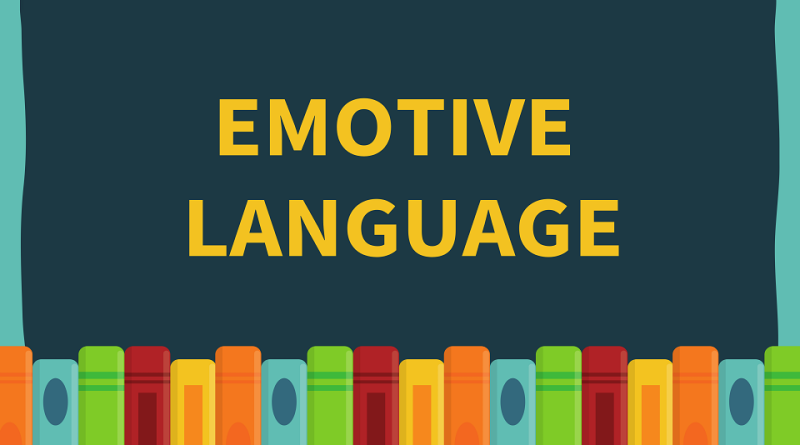Emotive Language: Use and Importance of Emotive Language in Academic Writing
Whether you are at school or college, you always need to describe your points of view in academic writing to persuade the readers. While writing an academic paper, students often get stuck to present their ideas using impressive language. However, students need to develop an understanding of emotive language.
Emotive language is used in different types of academic writing to evoke emotions in the readers. Emotive language is easy to understand and it can create an emotional effect in academic writing. Students use emotive language in academic writing to convey their thoughts and ideas in emotional ways that can develop a different perspective into the readers’ minds.
Importance of Emotive Language in Literature
Emotive language is an important aspect of feeling that creates an emotional effect through specific words and phrases. The purpose of using emotive language is not just to create an emotional effect among readers but also to leave an everlasting impression. Emotional language is used to communicate ideas or feelings and evoke emotion. These emotions can be positive or negative or a combination of both. The main objective of using emotive language is to persuade the readers with your points. Let’s know the use of emotive language.
With the use of emotive language, the writers cannot only explain their points to persuade the readers but also develop a concern or sympathy with the issue involved in the matter.
With emotive language, the writers can evoke emotional feelings in any literature piece of writing like poetry, story, etc.
It helps to engage the reader with the content through creative writing.
Although everything cannot be explained with emotive language, it helps to bring the essence of the writer’s points of view. Using emotive language, writers can easily draw a rough picture into the reader’s mind.
Why Emotive Language is Used in Literature and Other Writing
In literature, emotive language is used to convey emotions like anger, joy, and sadness. An emotive word like “hurt” carries a negative tone while a word like delightful has a positive tone.
Emotive language helps to connect the reader with the content. It focuses on particular emotions and developing a better understanding.
Some emotive words are used wrongly to evoke emotion. For example, denoting someone as “you” instead of using their “name” is not the right way. This type of communication may feel stranger to the readers.
The emotive language is used in the poem, promotions, books, advertising content, diaries, public announcement, film, and dramas.
Interesting Tips for Using Emotive Language in Academic Writing
While writing an academic paper, you need to convey your ideas and thoughts to the readers. To convey the idea students should include the points with appropriate emotive words that can evoke the associated feelings of the issues to the readers. Emotions help the reader to engage with the content. Here some important tips are given to connect with the writing.
- First, you need to understand and analyze the story.
- Analyze the intention of writers.
- Use such emotive words that can trigger the reader’s mind.
- Don’t use long sentences or phrases.
- Explain your ideas clearly and develop a clear picture into readers’ minds with the content.
- Take help from samples or online writing sources to develop thinking about emotive language.
Conclusion
Emotive language is a crucial aspect of academic writing. It makes your content engaging and exciting and helps to connect the readers easily. To get more information and learn about writing emotive content students can take help from Dissertationhelp.co writing service. The experts of the service provide the best piece of literature.




